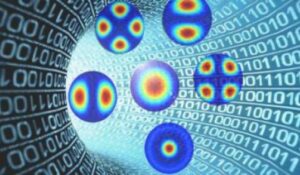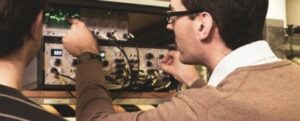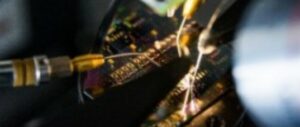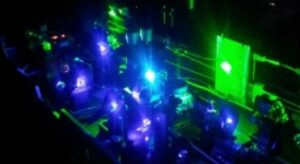YEAR 2 / 3RD & 4TH SEMESTERS:
Initial training is offered face-to-face on site, while in-company sandwich courses can be taken by distance learning. All students are required to take part in a course of lectures and tutorials focusing on photonic and quantum technologies. They are held on Thursday and Friday for the whole of semester 3 (from September to the end of January) and the first part of semester 4 before the end-of-study internship.
Practical training is provided in weekly face-to-face sessions for all, spread over the two semesters from October to March. Students apply their theoretical knowledge to operate the cutting-edge research equipment available on the ICB laboratory’s SMARTLIGHT and ARCEN CARNOT technology platforms. Four sessions are organized, each targeting specific technical skills in the PPN Master’s specialties, such as the development and characterization of fiber components, quantum technologies, nanophotonics and nanoscale instrumentation, and ultrafast lasers and methods for characterizing and manipulating ultrashort pulses.
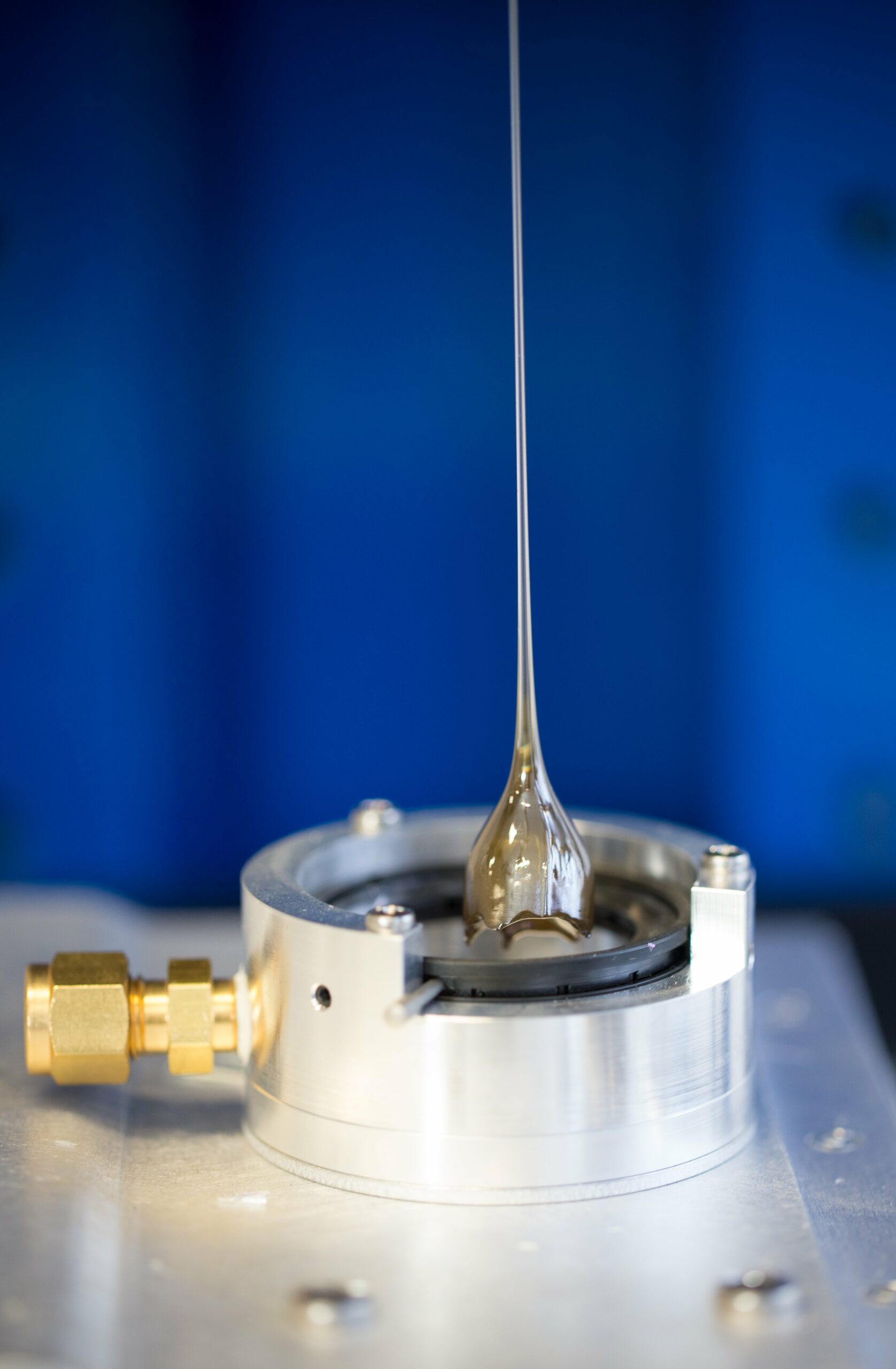 |
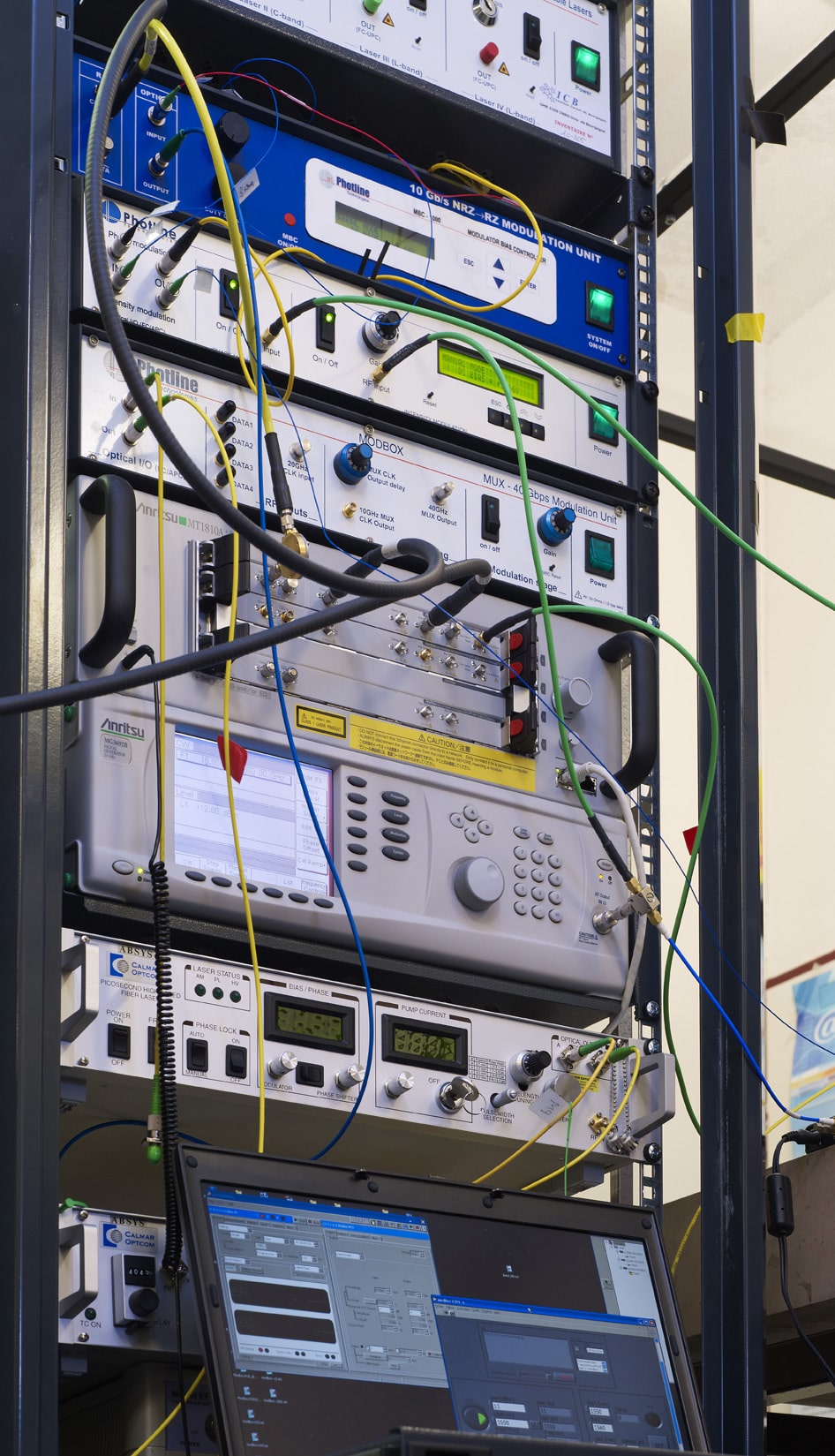 |
Teaching units |
Hours/ECTS |
Teaching units |
Hours/ECTS |
Disciplinary courses (Thursday & Friday ~ 12h classes/week) – Initial and continuing training |
| Quantum Technologies |
44 H 5 ECTS |
Advanced Fiber Optics |
52 H 5 ECTS |
| Ultra-fast optics |
40 H 5 ECTS |
Nano-optics/Nanophysics |
60 H 5 ECTS |
| Microscopy |
30 H 2 ECTS |
Soft skills | 20 H
1 ECTS |
Transversal courses (Wednesdays, Initial Training only) – Initial Training |
Atomic and molecular physics |
22 H
3 ECTS |
Nanobiosciences |
40 H3 ECTS |
Laboratory project (Monday → Tuesday) / Work-study program (Monday → Wednesday) |
| Workplace situations | 20 Weeks 6 ECTS |
| Lab project | 20 Weeks 3 ECTS |
Practical courses (4 sessions) – Initial and continuing training |
| Practical Sessions | 35 H/Session
2 ECTS/Session |
Immersive internship in a laboratory or work-study program in a company |
| Internships |
5-6 months |

